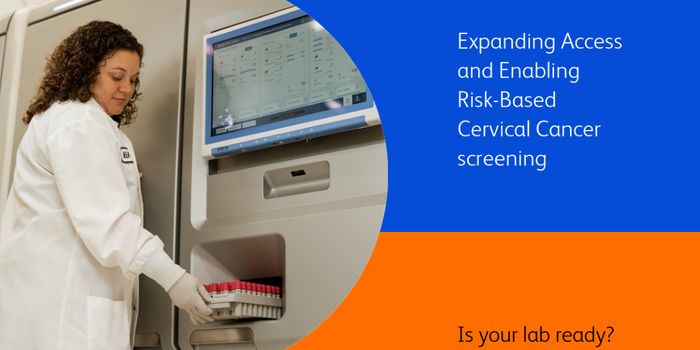FDA Approves Injectable Immunotherapy Drug
Cancer immunotherapies, anti-cancer treatments that target a patient’s own immune system, working to make it more effective, have revolutionized the field of oncology research over the past decade. Immune checkpoint inhibitors (ICIs), one class of immunotherapies, work by “blocking” interactions between two proteins (a checkpoint and a ligand). When a checkpoint protein binds its ligand, the body signals to the immune system, instructing a reduction in immune-related processes and functions. Thus, when ICIs block checkpoints from binding their ligands, the body fails to release immune regulatory signals, thereby leaving the immune response active.
A well-characterized checkpoint protein, programmed death ligand one (PD-L1), has become the target in many ICI regimens approved by the Food and Drug Administration (FDA). PD-L1 serves as a ligand for the checkpoint protein programmed cell death one (PD-1), which resides on the surface of various types of immune cells. Many tumors can upregulate PD-L1 on their surfaces, which becomes a tumor-survival function as it works to reduce anti-tumor immune response when encountering immune cells with PD-1. Therefore, treatment with anti-PD-L1 ICIs can prevent the tumor-promoted hindrance of the anti-tumor immune response.
Typical drug administration for atezolizumab (TECENTRIQ), a PD-L1-targeting ICI used to treat certain lung cancers, involves intravenous (IV) infusions lasting approximately one hour. Because IV infusions require medical supervision, patients must visit a healthcare provider for each dose, which may be needed every few weeks. The administration procedures surrounding PD-L1 delivery can become burdensome for some patients, such as those without reliable transportation options, those living far away from a cancer treatment center, or those without the ability to take time off work regularly, may find it challenging to comply with their prescribed treatment schedule.
However, we have good news to report! On September 12, 2025, the FDA approved the use of a new type of atezolizumab that is administered via a subcutaneous (SC) injection (AKA a shot). The drug formulation (Tecentriq Hybreza), which includes atezolizumab and hyaluronidase, an enzyme that breaks down biological substances found in the skin and connective tissue, can now be used to treat the same cancers as treatment by IV atezolizumab, including non-small cell lung cancer, small cell lung cancer, hepatocellular cancer, melanoma, and alveolar soft part sarcoma.
According to Genentech, the manufacturer of Tecentriq Hybreza, treatment administration takes only seven minutes compared with the hour-long IV administration. This significantly reduces the time patients need to spend in a medical office for each dose. While SC delivery still requires a visit to a medical office at this time, the procedure is faster and does not require as much specialized equipment and expertise as the IV procedure. As Tecentriq Hybreza becomes the first FDA-approved PD-L1 inhibitor, it paves the way for other drug manufacturers to pursue research towards developing other injectable ICI modalities.









